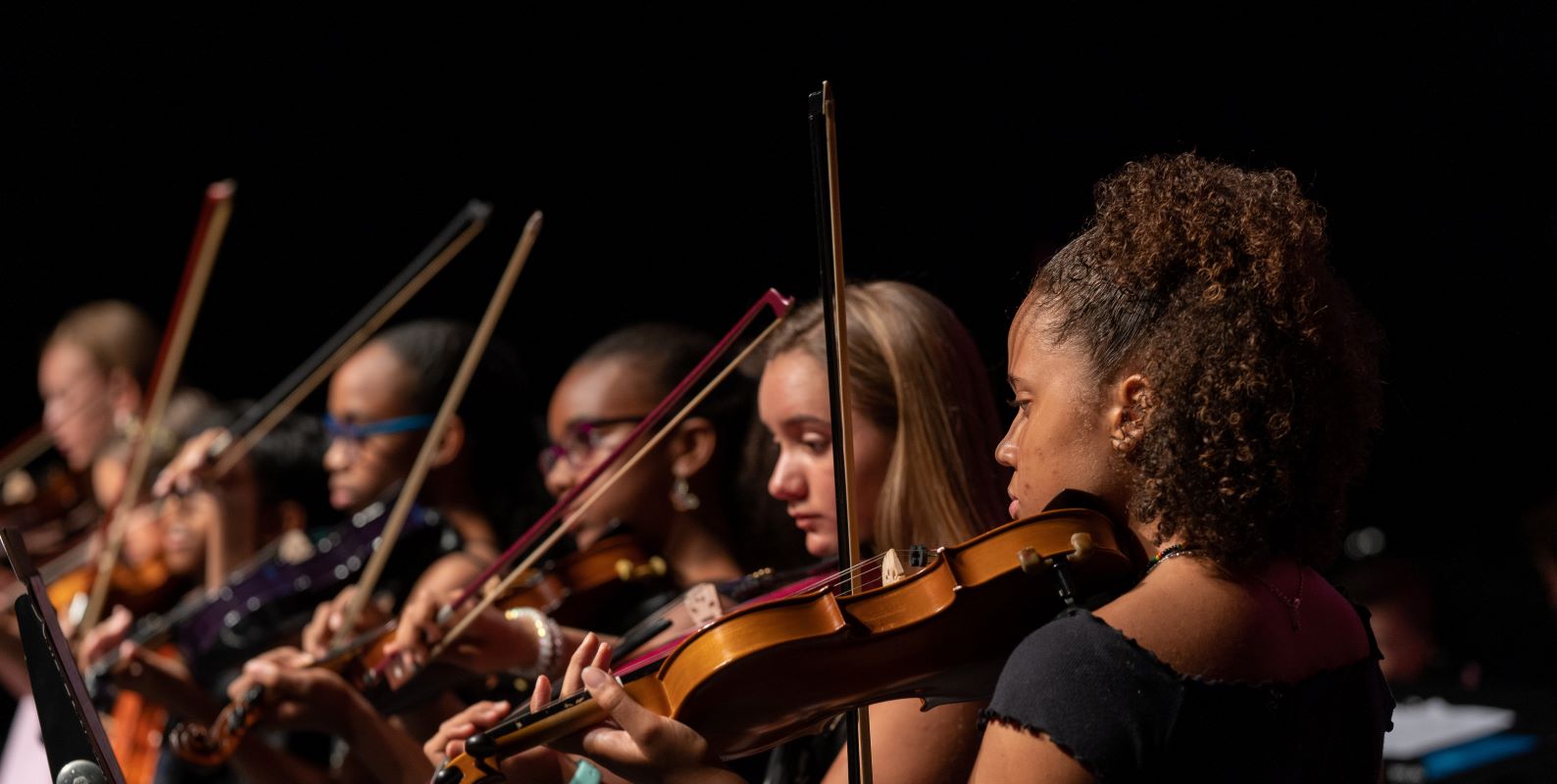Music Education Improves Academic Performance
Learning about music and having the opportunity to play musical instruments is a vital part of a rich and rounded education. A large body of research indicates that music plays a key role in brain development and children who play an instrument, do better in school than those who don’t. It helps to develop language, motor skills, emotional intelligence, and collaboration skills.
Music education can provide more than just learning how to sing and/or play an instrument. It accelerates brain development in young children, particularly in the areas of the brain that are responsible for processing sound, language development, speech perception and reading skills. Behavioural evidence indicates a general enhancement of both working memory and attention in musicians. It suggests that musicians, due to their training, are better able to maintain focus on task-relevant stimuli, a skill which is crucial to working memory. In essence, the more time one spends in a music program, the more they are to say it has been influential in contributing to their current level of personal fulfilment.
Music can be connected to many other subject areas, providing various skills that people may need for success in a job or career outside of music. Through exploring music, students can find natural connections to mathematics, science, reading, writing, and performing arts.
Music Engagement Boosts Self-Esteem and Confidence
Music training not only helps children develop fine motor skills, but aids emotional and behavioural maturation as well, according to a recent study by Amy Ellis Nutt, one of the largest to investigate the effects of playing an instrument on brain development. Music is a universal language and it helps children connect to other cultures and understand the world around them.
Every child learns differently, and music allows them to express themselves in a unique way which motivates their learning and helps build their self-confidence. A large body of research indicates that adolescents with music training have better cognitive skills and school grades and are more conscientious, open, and ambitious. Music improves cognitive and non-cognitive skills more than twice as much as sports.
Above all, it’s fun! Playing a musical instrument relieves stress. Have you ever noticed that when you hear soft, soothing music you feel more relaxed? Playing an instrument can do that and more, especially if you’re the one playing. Music is one of life’s simple joys; it helps calm the mind.

